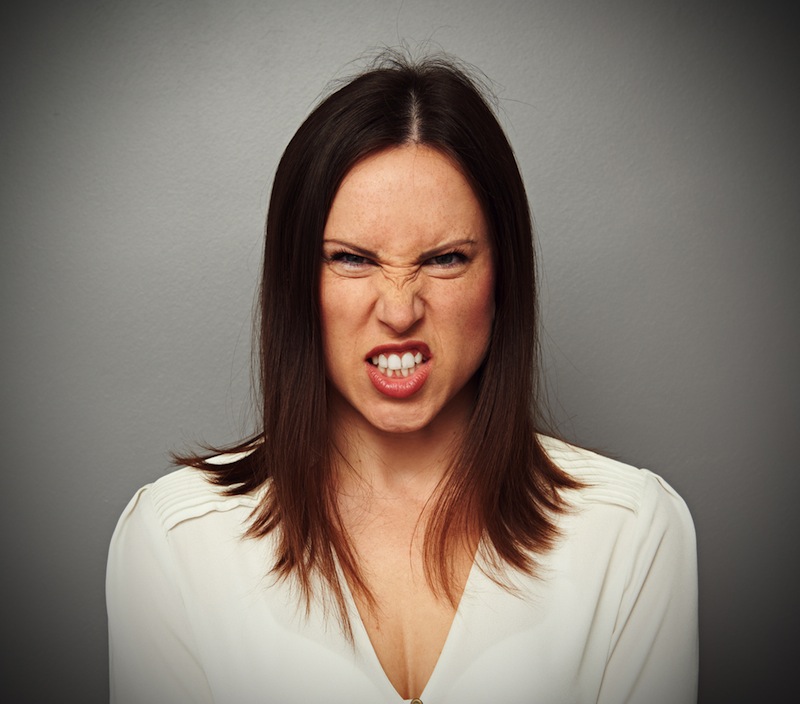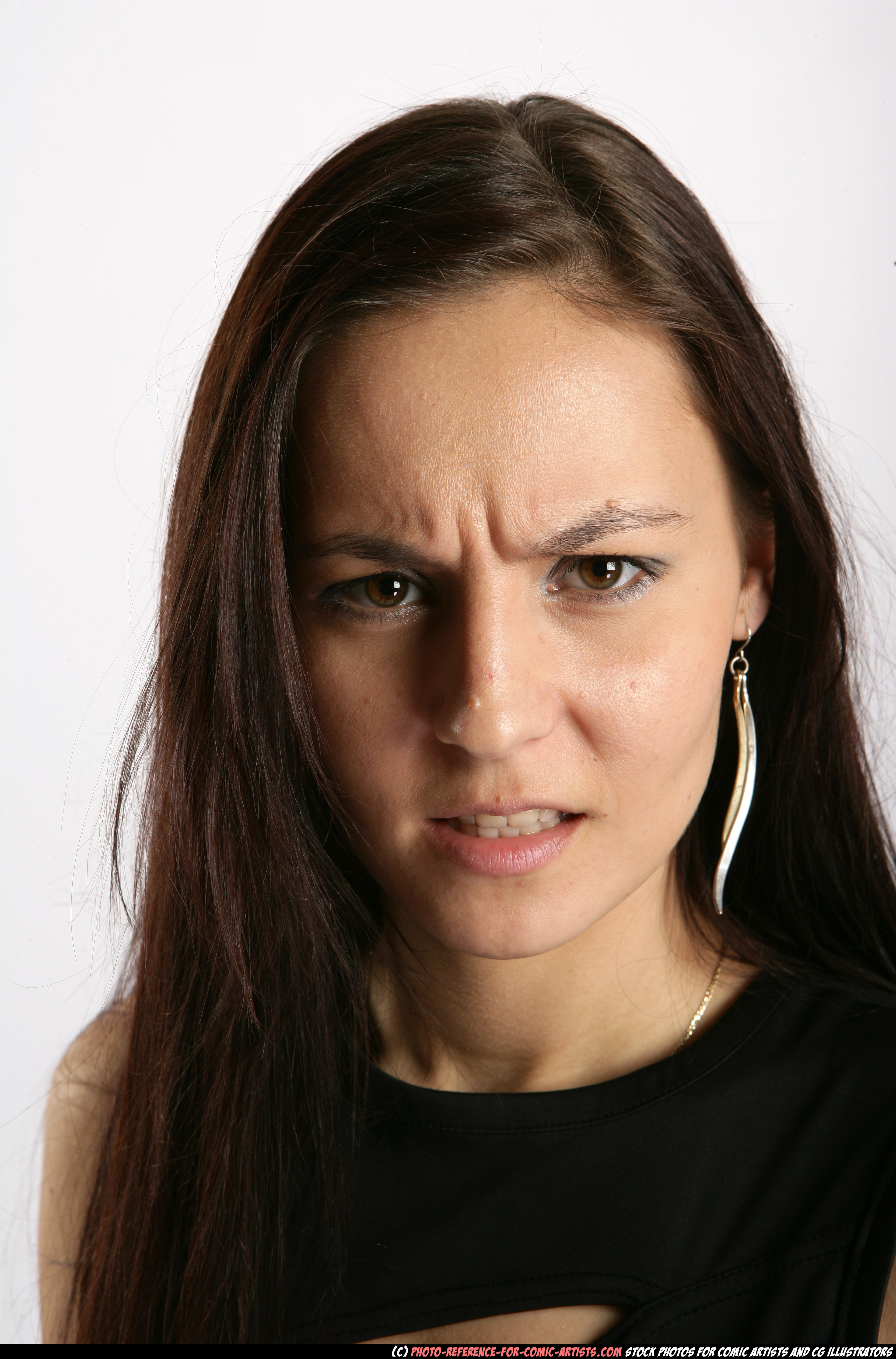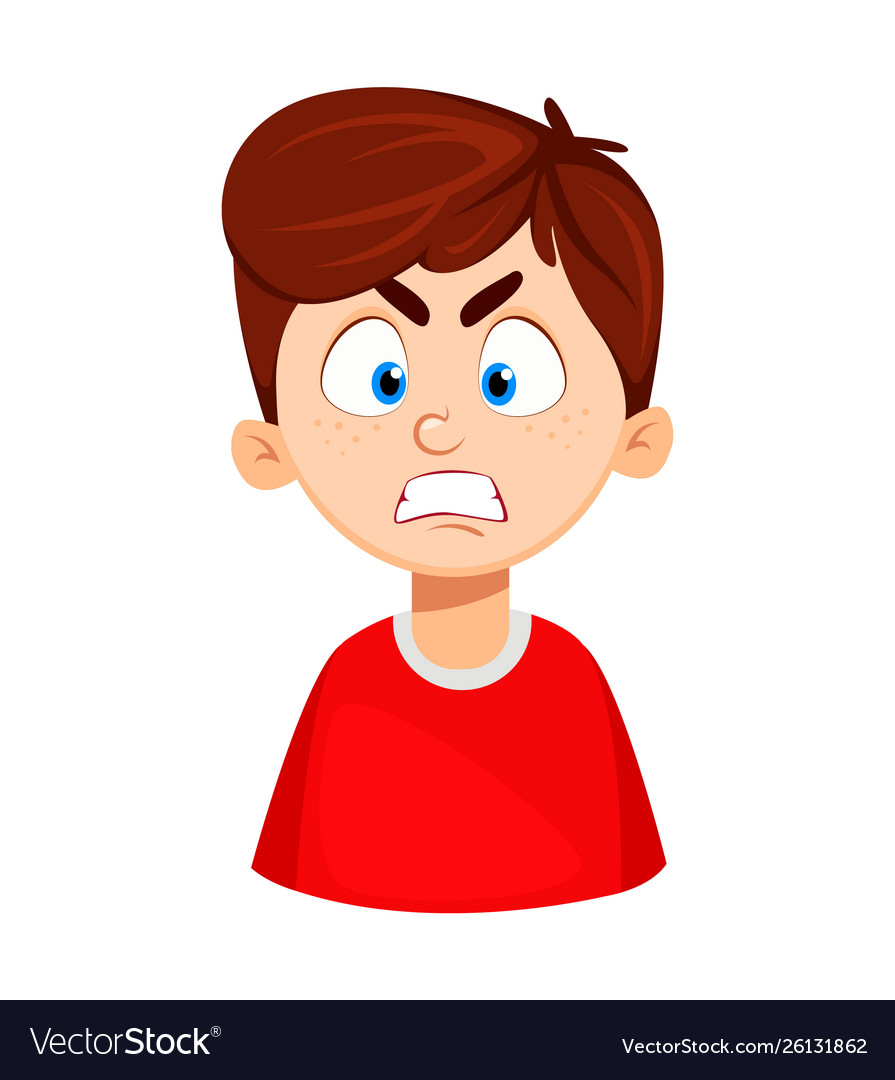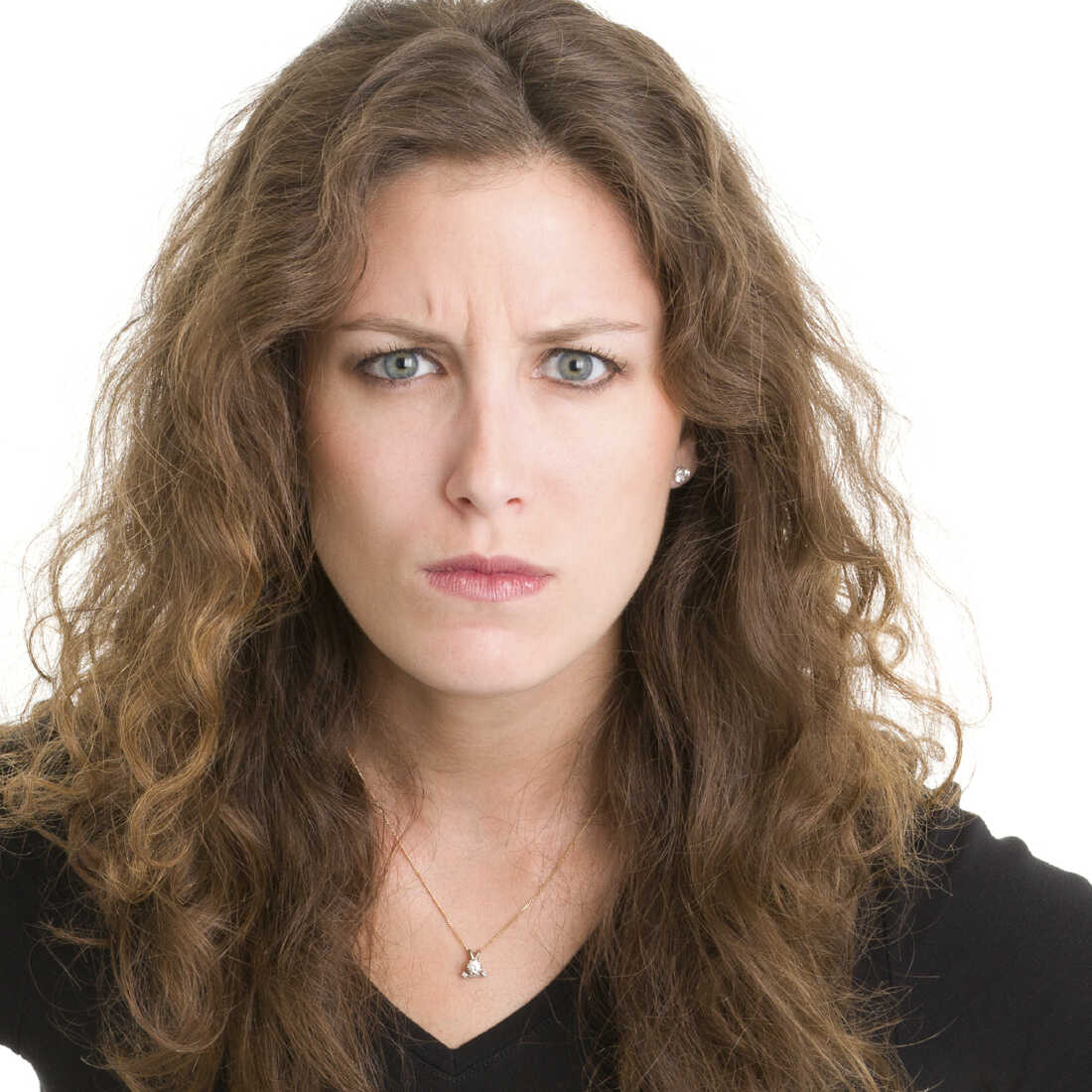
Body Language Decoded Understanding body language 7 basic facial emotions
Theme 4: Describing the Chin. In addition to scowling, a person is likely to express their anger or frustration by using their chin as well. Imagine the expression a child has when you take their favorite toy away. Often, a frown is accompanied by a pushed-out chin. We usually refer to this part of an expression as a jutted chin.

Angry Woman Face Expression Resentful Close Stock Footage SBV336077569
Facial Expressions: One of the most obvious indicators of anger is facial expressions. A furrowed brow, clenched jaw, narrowed eyes, and tightened lips are all telltale signs that someone is feeling angry or frustrated. Aggressive Body Language: Anger can manifest in aggressive body language as well. People who are angry may stand rigidly with.

Why Everyone Makes the Same Angry Face Live Science
That's not to say facial expressions are meaningless. But their predictive value is limited, Barrett says. "Scowling in anger more often than chance gets you a publication in a respected journal, but it doesn't necessarily mean scowling is a useful piece of knowledge to infer someone is angry and make decisions about that person's life.

Angry Woman Face Expression Resentful Close Stock Footage SBV336077545
The 7 Universal Facial Expressions. Research by Dr. Paul Ekman tells us that there are seven universal facial expressions that we all use, even across cultural divides. These expressions show: Anger. Contempt. Disgust. Fear. Happiness. Sadness.

Annoyed face by comicReference on DeviantArt
Abstract. Researchers have reported two biases in how people recognise and respond to angry and happy facial expressions: (1) a gender-expression bias (Becker et al. in J Pers Soc Psychol, 92 (2):179-190, 10.1037/0022-3514.92.2.179, 2007)—faster identification of male faces as angry and female faces as happy and (2) an approach-avoidance.

Angry Woman Screaming In Studio Portrait Of Stock Footage SBV332890544
Abstract. The rapid detection of facial expressions of anger or threat has obvious adaptive value. In this study, we examined the efficiency of facial processing by means of a visual search task. Participants searched displays of schematic faces and were required to determine whether the faces displayed were all the same or whether one was.

Pin by Octavio R. on Human Emotions Angry expression, Angry face
The anger expression employs seven distinct muscle groups that contract in a highly stereotyped manner. The researchers sought to understand why evolution chose those particular muscle contractions to signal the emotional state of anger. The anger face is a constellation of features, each of which makes a person appear physically stronger.

Face expression cute boy angry Royalty Free Vector Image
Understanding the characteristics of each expression is the first step towards knowing how to properly describe them in your own writing. Contents hide. 1 Describing Different Facial Expressions. 1.1 Describing Anger. 1.2 Describing Happiness. 1.3 Describing Sadness. 1.4 Describing Fear. 1.5 Describing Surprise.

7+ Memes Faces Facial Expressions Angry Face photography, Expressions
Steven Gans, MD. Body language refers to the nonverbal signals that we use to communicate. These nonverbal signals make up a huge part of daily communication. In fact, body language may account for between 60% to 65% of all communication. Examples of body language include facial expressions, eye gaze, gestures, posture, and body movements.

ShowAndTell Show Us Your Angry Face The Protojournalist NPR
Therefore, the angry facial expression might be better explained by the second hint: function . One of the main characteristics of an angry facial expression is brow lowering combined with more closed eyes. This is also part of the disgust expression, where we saw that functionally this allows a person to better focus on stimuli close-by.

The Art of Anger SiOWfa14 Science in Our World Certainty and Cont
The universal facial expression of anger may involve lowered eyebrows, firmly pressed lips, and bulging eyes. The expression of anger can be practical because each movement of the face might make someone appear physically stronger or more intimidating. This expression can serve as a signal of caution, whether to evoke fear or indicate the.

Anger by B. richard / 500px Expressions photography, Face expressions
Anger is an agitated expression, especially in the top half of the face. The points of tension are the mouth and brow, and depending on the intensity of the emotion, the nostrils might flare and the mouth opens up to show the teeth. While perfecting your skills on how to draw an angry face, use stronger lines to emphasize the gestures.

Closeup rage woman screaming at camera. Portrait of angry woman
Function of Angry Expressions 3 Angry expression s are among the most common signals in human social life. An unruly child, a colleague late for a meeting, or a b usiness partner taking more than his or her fair share is likely to elicit an unmistakable glower composed of slanted brows, glaring eyes, and tight lips. An angry face can

The Universal ‘Anger Face’ The UCSB Current
Lips can be pressed firmly together, with corners down, or in a square shape as if shouting. Nostrils may be dilated. The lower jaw juts out. (All three facial areas must be engaged to not have any ambiguity) Unlike the surprise and fear microexpressions, the angry microexpression is characterized by lowered eyebrows.

Excessively angry facial expression by tupungato Vectors
Facial expression of anger. In anger the eyebrows come down and together, the eyes glare, and there is a narrowing of the lip corners. During conscious suppression or unconscious repression of anger, the expression may be less obvious, though the person may show signs of their anger in a split-second micro expression.

Cartoon Angry Face Expression Vector Illustration RoyaltyFree Stock
Anger is characterized by a facial expression that causes someone to lower their brows, press their lips together firmly, and bulge their eyes. 4. Facial Expression/Emotion: Fear. Fear is an emotion that is often associated with a threatening or dangerous stimuli. It is a basic survival mechanism that occurs in response to a traumatic presence.